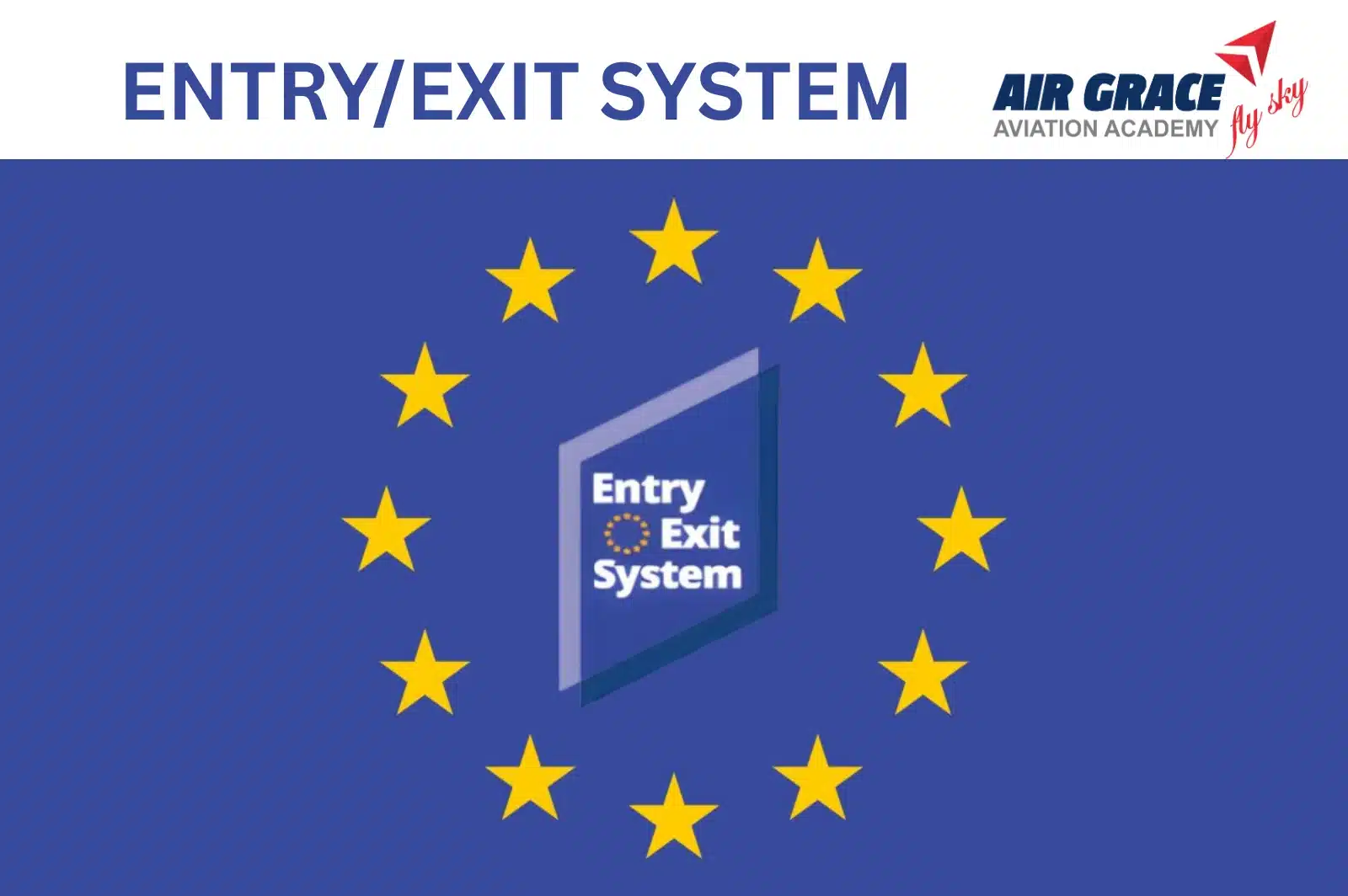
Entry Exit System (EES): An Overview for VISA Management Students
Understanding the EES (Entry Exit System)
The Entry/Exit System (EES) is an advanced automated IT system developed by the European Union to register the movement of non-EU nationals who travel for a short stay across the external borders of 29 European countries.
Each time a traveller crosses the border, the system securely records key data such as:
- Full name
- Travel document information
- Biometric details (fingerprints and facial image)
- Date and place of entry or exit
The EES replaces the traditional passport stamping method, ensuring more accuracy, efficiency, and enhanced border security — while fully respecting data protection and privacy rights.
Entry/Exit System (EES) – Purpose of the EES
The main aim of the Entry/Exit System is to modernize border management and simplify travel procedures for non-EU nationals. Starting from 12 October 2025, EES will be gradually introduced, with full implementation expected by 10 April 2026.
This system will:
- Replace manual passport stamping with digital registration
- Automatically detect overstayers (travellers who exceed their permitted stay)
- Strengthen security and migration control
- Simplify travel across Europe through self-service and automated border checks
Entry Exit System (EES) – Who Must Register in the EES?
The EES applies to non-EU nationals who:
- Require a short-stay visa to enter Schengen countries, or
- Do not require a visa but travel to Europe for short stays (up to 90 days within 180 days).
Whenever such travellers enter, exit, or are refused entry, their data is electronically recorded in the EES.
Entry Exit System (EES) – Key Benefits of the EES
- Modern and Efficient Border Checks
The system replaces physical passport stamps with digital records, making border checks faster, smoother, and more accurate. - Faster and Easier Travel
With EES, travellers can experience reduced waiting times at border crossings thanks to self-service kiosks and automation. - Prevention of Irregular Migration
EES helps identify overstayers, prevent identity fraud, and detect the misuse of visa-free travel. - Enhanced Security
By using biometric data and secure databases, EES supports law enforcement and helps protect the Schengen Area from threats such as document forgery and terrorism.
Data Storage Duration in the EES
Your personal data is stored only for the specific period necessary to fulfil the system’s purpose.
| Data Type | Retention Period | Details |
|---|---|---|
| Records of entry, exit, or refusal | 3 years | From the date the record is created |
| Individual files with personal data | 3 years and 1 day | From the date of the last exit or refusal of entry |
| If no exit is recorded | 5 years | From the expiry of the authorised stay |
| Family members of EU/EEA/Swiss citizens (without residence documents) | 1 year | From the date of exit record creation |
After these periods, all personal data is automatically deleted from the system.
How Your Data is Protected
Data in the EES is highly protected and accessible only to authorised national authorities.
- Data cannot be shared with third parties (public or private) except under strict conditions.
- All data processing is managed by participating EU countries and EU-LISA (the EU Agency for Large-Scale IT Systems).
- The system follows strict data protection by design principles to ensure privacy and compliance with EU regulations.
- Oversight is carried out by the European Data Protection Supervisor and national data protection authorities in each country.
As a traveller, you have the right to:
- Access your data stored in EES
- Request correction or deletion of inaccurate or unlawfully processed data
Checking Your Authorised Stay
You can verify your stay duration using the “Short-Stay Calculator” provided by the European Commission.
If you exceed your allowed stay:
- You will be considered an overstayer, and penalties may apply (fines, removal, or future entry bans).
- However, if you can prove unforeseen circumstances (like hospitalisation), authorities can update your records accordingly.
Certain categories, such as family members of EU/EEA/Swiss nationals, are exempt from the stay calculation under specific conditions.
Your Data Protection Rights
As a traveller recorded in the EES, you have the right to:
- Access your personal data
- Request correction of inaccurate information
- Request deletion of unlawfully processed data
To exercise these rights, contact the data protection officer or controller in the country where your data was processed.
Filing a Complaint
If your request to access, modify, or delete data is denied, you can complain to:
- The national data protection authority of the country that processed your data, or
- The European Data Protection Supervisor, in cases involving EU agencies like:
- Frontex – European Border and Coast Guard Agency
- eu-LISA – Manages EES and other large-scale IT systems
- Europol – the EU’s law enforcement agency
Why EES Matters in VISA Management Studies
For students of VISA Management, understanding the EES is essential because it represents a major step forward in European travel automation and border control modernisation. It helps professionals:
- Manage traveller documentation more efficiently
- Ensure compliance with EU entry/exit regulations
- Support legal travel processes and enhance border security
In Summary
The Entry/Exit System (EES) is transforming how Europe manages short-stay travellers. It brings greater accuracy, faster processing, and stronger security while maintaining data privacy. For VISA Management professionals, it’s a vital system to understand and implement in real-world travel operations.
For more information, visit the official EU Website
